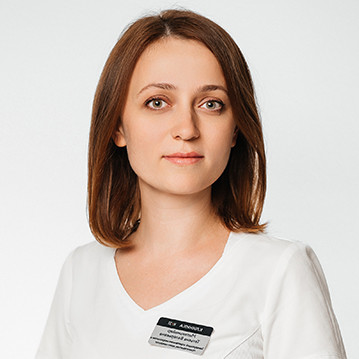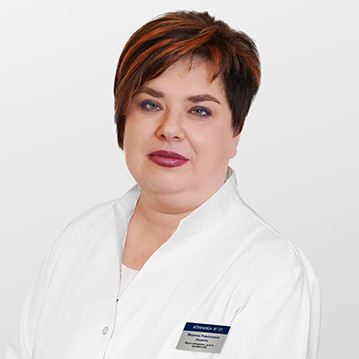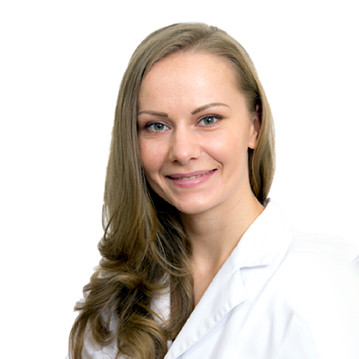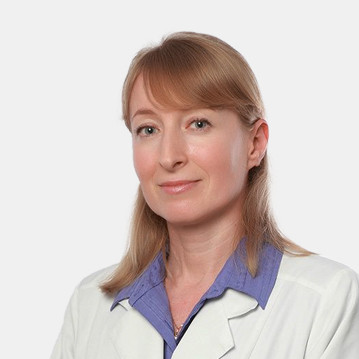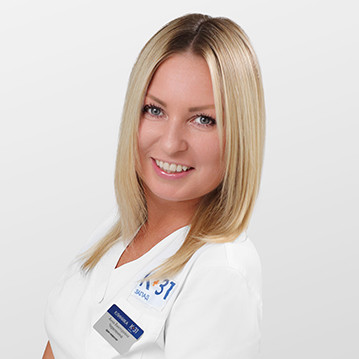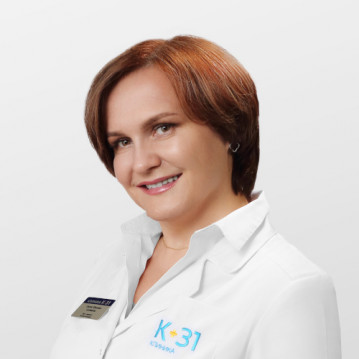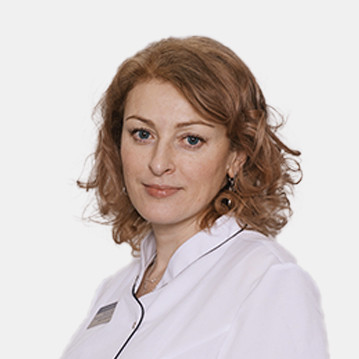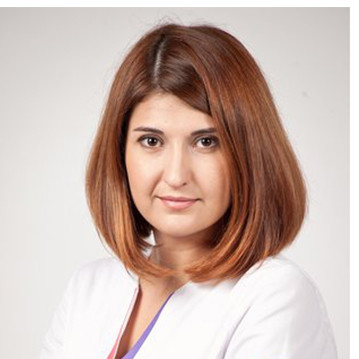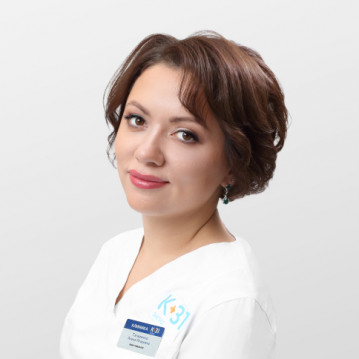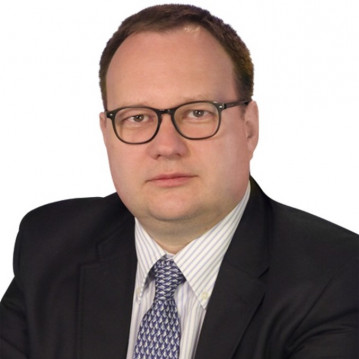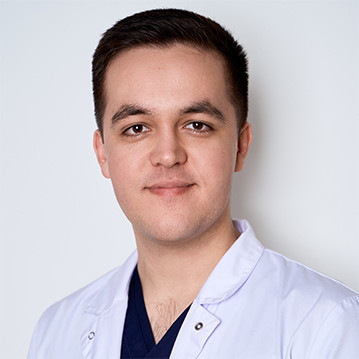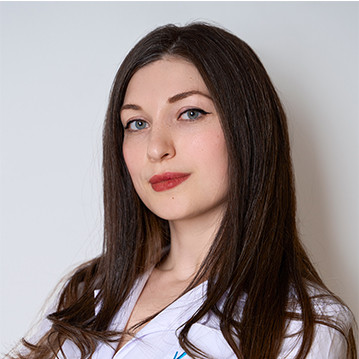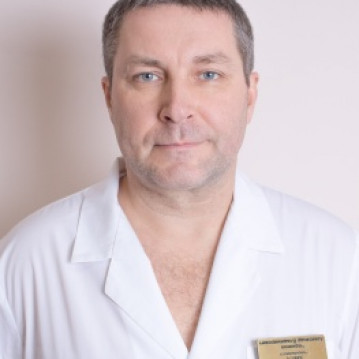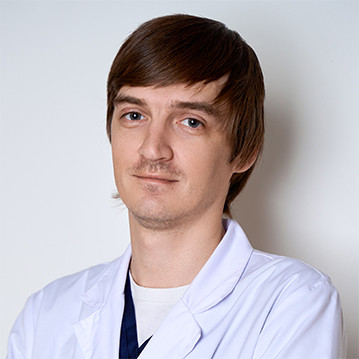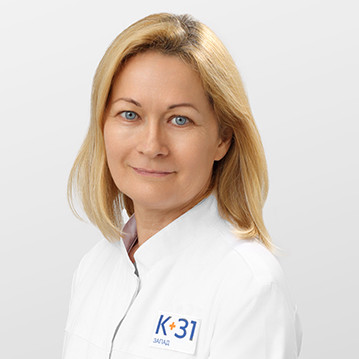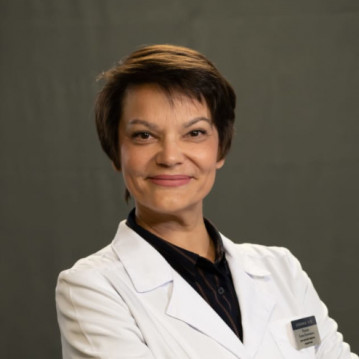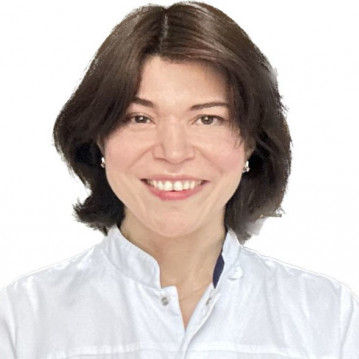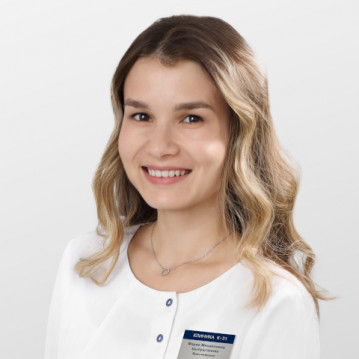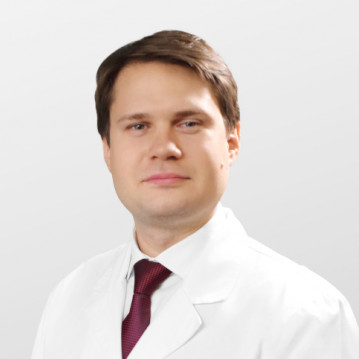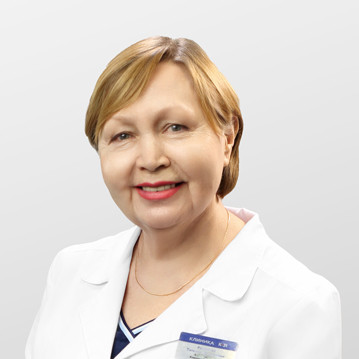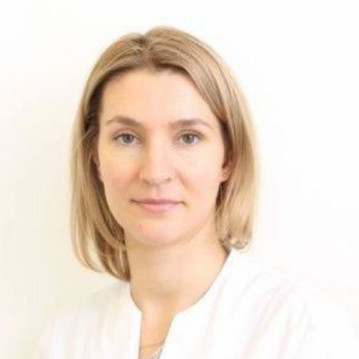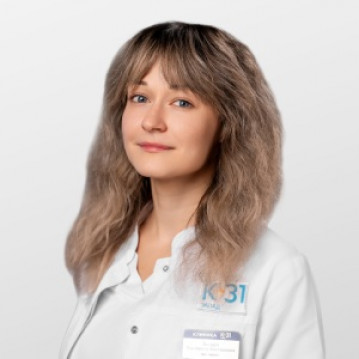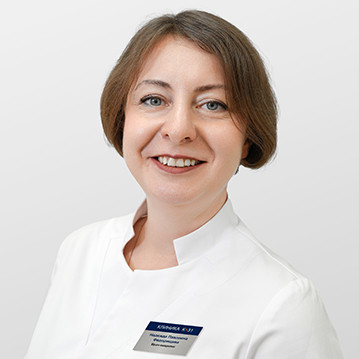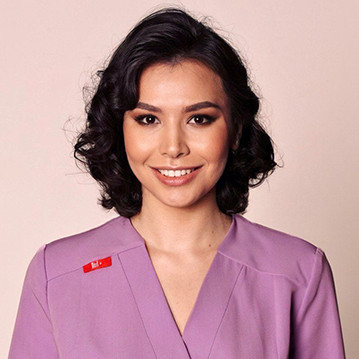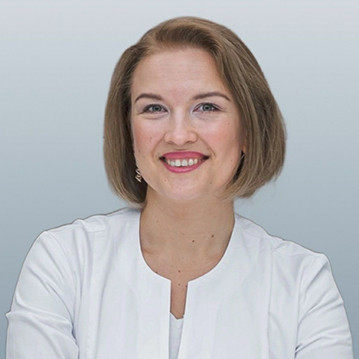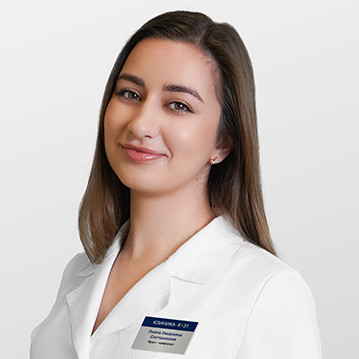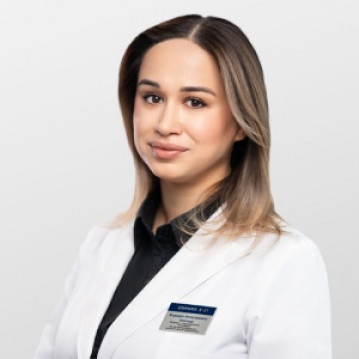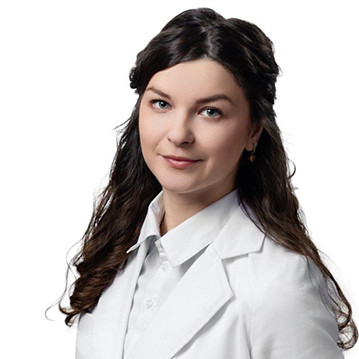Tension headache symptoms
With HDN, the pain is mild to moderate, lasts from a few minutes to several days, and does not depend on physical activity. More often, the pain is bilateral, sometimes unilateral with a periodic change of sides, localized in the frontal, temporal or occipital regions and is not accompanied by vomiting.
The pain is monotonous, pressing, tightening, aching, not pulsating. There is a feeling of constriction, squeezing of the head, a feeling of "helmet", "helmet", a feeling of pressure on the eyeballs.
HDN occurs from time to time, sometimes every day or every other day for a long time (months or years).
In the presence of headaches, a thorough examination is necessary. Urgent consultation with a neurologist is necessary in the following cases:
- Newly occurring intense headaches or a change in the nature of pre-existing pains.
- Headaches that get worse over several days or weeks.
- Headaches aggravated by physical exertion, straining, coughing, sneezing, bending over.
- Headaches that arose against a background of elevated temperature.
- Headaches accompanied by the presence of neurological or mental disorders (impaired speech, coordination, weakness or numbness in the limbs, increased drowsiness, decreased memory, intelligence, personality changes).
- Headaches that disturb sleep.
- The presence of vomiting accompanying the headache.
To make the correct diagnosis, the scope of research and the appointment of a competent neurologist, the K+31 Clinic will need the maximum amount of information about the nature, time of occurrence, duration of headache. For this purpose, keeping a headache diary is recommended.
Types of headache
Headache (cephalgia) is a collective term that combines the symptoms and manifestations of all types of pain localized in the head. Almost all people are familiar with the manifestations of headache, regardless of gender, age and medical history. What is a headache, what are its causes, symptoms and treatment options - let's take a closer look.
Headache is classified according to the causes, course and intensity of the pain syndrome. Due to the variety of provoking factors, clinicians have identified the most common types of headache:
- Cluster headache. Accompanied by intense bouts of pain, which quickly subsides. Episodes of remission and exacerbation can last for days. It occurs in men older than 45-50 years. Other symptoms: lacrimation, nasal congestion, fever.
- Tension headache. A common type of headache associated with physical, intellectual and psychological stress. Despite the similarity to migraine, tension pain does not depend on light or sound stimuli.
- Migraine. A severe chronic disease that is more common in women. The pain is strong, throbbing, localized in the left or right side of the head - the epicenter. A disease such as migraine leads to a violation of socialization, as the patient becomes completely helpless due to sensitivity to external stimuli.
- Post-traumatic pain. Associated with traumatic brain injury. The pain is aching. Patients complain of chronic discomfort in the head. If left untreated, the pain progresses to epileptic syndrome - post-traumatic epilepsy.
Headache that occurs on a regular basis or in the form of episodic attacks can be a symptom of various chronic diseases and conditions. For differential diagnosis, you should consult a doctor.
Causes of a headache
In addition to a symptom of other diseases, a headache can be caused by reasons:
- A side effect of taking medications, medical manipulations and procedures (self-medication and taking medications without a doctor's prescription can often cause headache attacks).
- Intoxication with drugs, psychoactive substances.
- Infectious-inflammatory process of the respiratory organs (acute or chronic sinusitis).
- Violation of the blood flow of the brain.
- Osteochondrosis of the cervical spine.
- Cardiovascular diseases.
- Vegetovascular dystonia.
- Stress, psycho-emotional instability, mental disorders.
- Brain tumors (cancerous, benign) and others.
The doctor can determine the cause of the headache. If pain occurs frequently and the patient is forced to take painkillers to alleviate the symptoms of the disease, a set of diagnostic measures should be taken.
What examinations to pass
Diagnosis of headache includes clinical, laboratory and instrumental examinations:
- X-ray - according to the results of the examination, it is possible to identify injuries, fractures, defects of the skull in the area of the arch, base, to evaluate structural changes in hard tissues.
- Electroencephalography to rule out or confirm status epilepticus.
- Ultrasonography to detect displacement of the median tissues of the skull, signs of cerebral edema, hydrocephalus and other pathologies.
- Doppler ultrasonography for suspected vascular headache.
- Tomography (computer, magnetic resonance) - for layer-by-layer assessment of tissue structures and their pathological changes.
- Lumbar puncture is an invasive diagnostic method recommended for infectious and inflammatory processes.
For a patient who is concerned about a headache, a neurological examination is required to identify meningeal symptoms. A complex of laboratory studies is being carried out. If necessary, patients should be consulted by specialists from various medical fields (therapist, neurologist, ENT, etc.).
Treatment methods
Headache treatment is conservative, however, tactics are determined according to the background pathology and symptoms:
- Primary headaches - the appointment of symptomatic NSAIDs, therapeutic blockades, physiotherapy, massage.
- Vascular causes (atherosclerosis, hypertension) require the appointment of antihypertensive therapy, lipid-lowering, diuretic and drugs of other drug groups.
- Infectious causes - antibacterial drugs.
- Intoxication and general infectious processes - antidotes for intoxication, etiotropic therapy in accordance with the underlying disease.
- Neuralgia - anticonvulsants, antihistamines, antispasmodics, therapeutic blockades.
Treatment can be done in a hospital or on an outpatient basis. In case of disease of neighboring organ structures, appropriate therapy is required. If necessary, surgical treatment is performed. Physiotherapy has a good therapeutic effect.
Which doctors to contact?
A neurologist, therapist, pediatrician and other specialists are engaged in the diagnosis and treatment of headaches. It all depends on what kind of disease is the cause of the headache (it can be a migraine, cerebral edema, etc.). Due to the nature of the complaints, patients can be referred for consultation to the following doctors:
- Cephalgia and cervical osteochondrosis - the patient is treated by a vertebrologist, a neurologist.
- Headache and infections - consultation of an infectious disease specialist, therapist is indicated.
- Otolaryngological pathologies and pain syndrome - if you suspect sinusitis, you should consult a doctor-ENT.
- In case of pain on the background of hypertension, it is necessary to consult a cardiologist.
If a single episode of cephalgia rarely causes concern, then frequent headache attacks should alert. It is important to pay attention to blood pressure, signs of intoxication and inflammation, other clinical manifestations, and discomfort in order to tell the doctor about complaints in more detail.
Prevention
To reduce the frequency of headaches, doctors recommend the following activities:
- Healthy lifestyle.
- Sports activities, daily walks in the fresh air.
- Comfortable home environment (humidity level, cleanliness).
- Timely treatment of infectious diseases.
- Proper nutrition, intake of vitamin and mineral complexes.
- Quality sleep.
Headache is a symptom of many chronic diseases and systemic pathologies that need to be corrected. Cephalgia worsens the quality of life of patients, sometimes making normal socialization simply impossible. The prognosis for headaches depends on the underlying disease. Most often, the syndrome stops after the selection of an adequate treatment protocol.
Sources
- Osipova V.V., Tabeeva G.R., Trinitatsky Yu.V., Shestel E.A. Primary headaches: clinic, diagnosis, therapy. Information letter (for neurologists, therapists, general practitioners) - 2011.
- Akhmadeeva L.R., Azimova Yu.E., Karakulova Yu.V. and others. Clinical guidelines for the diagnosis and treatment of tension headache - 2016.
- Ministry of health of the Russian Federation. Clinical guidelines. Tension headache (THE). All-Russian society of neurologists (VON). Russian society for the study of headache (ROHGB) - 2021.
